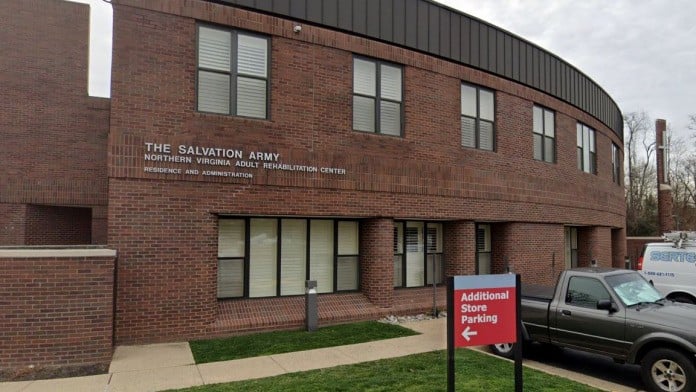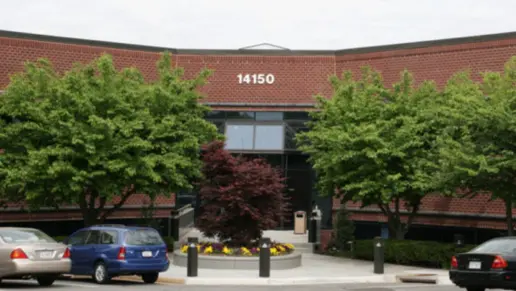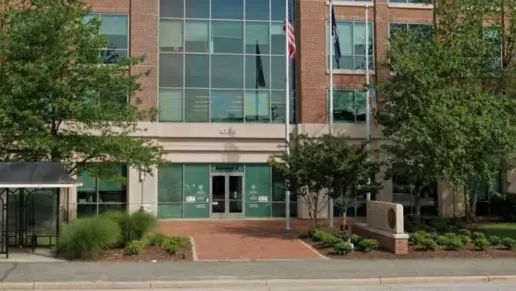About The Salvation Army – Alcohol and Drug Addiction
The Salvation Army – Alcohol and Drug Addiction is an adult residential rehabilitation center in Alexandria, Virginia. This program serves as a beacon of hope for adults aged 21 to 65. This includes men and women affected by substance use disorders as well as various emotional and social issues. They’ll help you attain spiritual, physical and emotional well being.
Their program is deeply rooted in work therapy. Residents are mandated to adhere to a maximum of 40 hour work week. This amounts to eight hours of work daily. However, the schedules are flexible to accommodate your unique needs. The goal is to build strong work habits, restore self esteem and develop a sense of accomplishment necessary to reintegrate into society and return to work. Work therapy also offers an effective coping tool that helps you manage stress and build a routine and sense of purpose during recovery.
You’ll also participate in spiritual counseling, recreational activities and worship services. This fosters ‘whole person’ recovery that heals the body, mind and soul. Emphasis is on developing personal relationships with God and depending on him for hope and relief. The program also involves group and individual counseling sessions focused on developing life skills like communication and problem solving.
The program is totally free and lasts 180 days. You must satisfy the eligible age requirement and agree to participate in the work therapy and other activities to be accepted. Upon arrival you must pass a breathalyzer and drug tests. Their staff will assist you with job placement and employment assistance as you complete the program.
Rehab Score
Gallery

Location
Other Forms of Payment
Private insurance refers to any kind of healthcare coverage that isn't from the state or federal government. This includes individual and family plans offered by an employer or purchased from the Insurance Marketplace. Every plan will have different requirements and out of pocket costs so be sure to get the full details before you start treatment.
Self-pay involves paying for treatment out of your own pocket. You can use savings or credit, get a personal loan, or receive help from family and friends to fund your treatment. If you don't have insurance or your insurance plan doesn't cover a specific program, self-pay can help ensure you still get the care you need.
Financial aid can take many forms. Centers may have grants or scholarships available to clients who meet eligibility requirements. Programs that receive SAMHSA grants may have financial aid available for those who need treatment as well. Grants and scholarships can help you pai for treatment without having to repay.
Medicaid is a state based program that helps lower-income individuals and families pay for healthcare. Medicaid covers addiction treatment so those enrolled can use their coverage to pay for rehab. When a program accepts Medicaid the client often pays very little or nothing out of their own pocket.
Addiction Treatments
Levels of Care
Treatments
The goal of treatment for alcoholism is abstinence. Those with poor social support, poor motivation, or psychiatric disorders tend to relapse within a few years of treatment. For these people, success is measured by longer periods of abstinence, reduced use of alcohol, better health, and improved social functioning. Recovery and Maintenance are usually based on 12 step programs and AA meetings.
When you enroll in drug rehab in Virginia, a treatment plan is designed by professional staff in order to help you overcome drug addiction and modify addictive behaviors. This may include evidence-based treatments, group and individual therapy, and relapse prevention.
Opioid rehabs specialize in supporting those recovering from opioid addiction. They treat those suffering from addiction to illegal opioids like heroin, as well as prescription drugs like oxycodone. These centers typically combine both physical as well as mental and emotional support to help stop addiction. Physical support often includes medical detox and subsequent medical support (including medication), and mental support includes in-depth therapy to address the underlying causes of addiction.
Substance rehabs focus on helping individuals recover from substance abuse, including alcohol and drug addiction (both illegal and prescription drugs). They often include the opportunity to engage in both individual as well as group therapy.
Programs



Clinical Services
Group therapy is any therapeutic work that happens in a group (not one-on-one). There are a number of different group therapy modalities, including support groups, experiential therapy, psycho-education, and more. Group therapy involves treatment as well as processing interaction between group members.
Men and women in Virginia use individual therapy to focus on addiction related challenges as a necessary part of their drug and alcohol addiction treatment. Your therapist guides you in developing coping strategies, setting realistic goals, and building a strong foundation for an improved quality of life.
Trauma therapy helps you understand and manage the emotional and physical responses that often follow witnessing or experiencing traumatic events. Using therapeutic interventions, your therapist works with you to reframe that experience, which in turn reduces your anxiety and helps you regain control over your life.
Research clearly demonstrates that recovery is far more successful and sustainable when loved ones like family members participate in rehab and substance abuse treatment. Genetic factors may be at play when it comes to drug and alcohol addiction, as well as mental health issues. Family dynamics often play a critical role in addiction triggers, and if properly educated, family members can be a strong source of support when it comes to rehabilitation.
Staff

General

Commissioner

Commissioners

Commissioners
Contact Information
6528 Little River Turnpike
Alexandria, VA 22312


